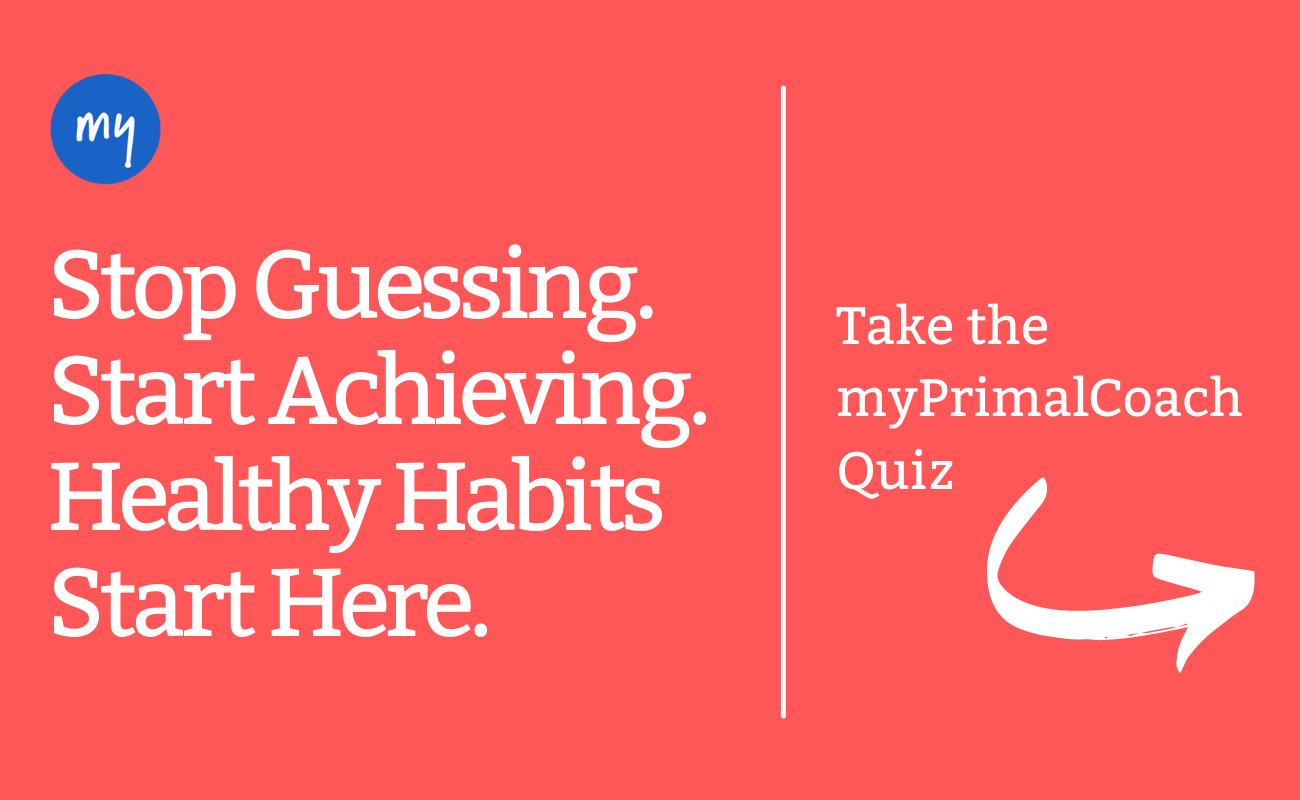It seems the standard advice has always been to have three large meals a day and a couple of small snacks, but just how often should you eat? Ancient Romans ate only one main meal a day around 4:00pm and two much smaller and lighter snacks earlier in the day. They believed eating more than once a day was unhealthy. But everyone from Oprah to women’s magazines have stressed the importance of three square meals and two snacks a day for seemingly decades. The recent rise in popularity of intermittent fasting and time-restricted eating came coupled with a newfound shunning of breakfast and delaying your first meal of your day. It’s no wonder we’re confused!

So how often should you eat? Well, it depends…on several factors. There are health benefits to both eating small amounts often, and to eating larger meals less frequently. Ultimately, what healthy eating looks like for you depends on what eating habits work best for you. Let’s break down the pros and cons of the two different eating patterns.
Eating Small Amounts Often
Some health professionals believe consuming five to six smaller meals a day is the way to go. They claim that this meal frequency leads to a boosted metabolism, accelerates fat burning, and results in weight loss.
However, a controlled trial published in the British Journal of Nutrition concluded that there was no difference in weight loss amongst those that ate three meals and three snacks a day, and those that ate just three meals a day. While this claim of fat loss has been proven false, there are some solid pros to eating small amounts of food often throughout the day.
Pros
- May help with hunger
It may seem like common sense that eating often throughout the day would reduce hunger and cravings, but the evidence is mixed. Research has suggested that eating more frequently helped control appetite. But a separate study concluded that eating small frequent meals had no advantages concerning its effect on hunger and satiety. The data collected even suggested it may have the opposite effect on appetite. - More variety
You may end up eating a greater degree of different foods and possibly get more diverse nutrients depending on your food choices. Eating several small meals per day allows for more opportunities to get in high-quality, nutrient-dense foods. You may find it easier to ensure you hit all food groups throughout the day. - May help those digestive woes
Eating smaller amounts may benefit those with irritable bowel syndrome or other digestive issues. You may be less likely to experience gas, bloating, and indigestion from eating smaller meals more frequently. - May benefit cholesterol levels
A study published in 2019 found that eating four or more meals a day is associated with HDL levels (HDL—also known as the “good” cholesterol) and lower fasting triglyceride levels, a stored form of fat. - Good for athletic performance
An article published in the International Society of Sports Nutrition in 2011 suggests that eating small frequent meals with optimal protein intake and calorie restriction prevented the loss of lean muscle mass in athletes.
Cons
- Requires lots of planning
More meals means more decisions to make, more meal prepping, planning, and cooking. - Time consuming
Not only does the planning and cooking take up time, but pausing frequently throughout the day to eat will carve out a good chunk of time from your schedule. - Eating on the run
Because of the extra time commitment needed, you may be inclined to eat more convenience items, fast food, and processed foods—and there is no pro to that! - More calories
Unless you plan out your meals, constantly grazing throughout the day might result in a greater (and unwanted) overall calorie intake.
Eating Larger Servings Less Frequently
Some nutrition experts sit on the other side of the fence. They believe not adhering to the status quo of when we’ve been conditioned to eat is the key to overall health and maintaining a healthy weight. There are quite a few evidence-based benefits to eating larger meals less frequently, but they, too, come with possible cons.
Pros
- May curb appetite
A study found that eating less frequently increased the participants’ control over their appetite. In addition, a separate clinical trial concluded that eating a higher protein intake resulted in more satiety, and increased frequency of eating led to less satiety, amongst the participants. - You may consume less calories
A study found that those who skipped breakfast ended up consuming over 400 calories less at the end of the day compared to the days they ate breakfast. - Less time consuming
Eating less frequent meals means less planning and thinking about your meals and their timing. This eating schedule may benefit those with a busy schedule. - Timing may make a difference
A study published in 2022 found that eating the majority of your calories earlier in the day leads to more weight loss than vice versa. The researchers hypothesized that this may be due to circadian rhythms. - May help with blood sugar and cholesterol
That same study also found improvements in blood sugar control and LDL cholesterol levels (the “bad” cholesterol). And another study found that eating less frequent meals decreased glucose levels. - Fasting speeds up autophagy
Autophagy is how your body gets rid of damaged cells and replaces them with new ones. It has been linked to inhibiting the development of diseases such as cancer, diabetes, and Alzheimer’s, as well as managing systemic inflammation and aging. Research supports that fasting upregulates the process of autophagy.
Cons
- Not eating enough
Eating less often means you might not eat enough during the day and end up with too large of a calorie deficit for your activity levels and health goals. - Could trigger disordered eating
Skipping meals can trigger those with an eating disorder or history of disordered eating. Restricting food and ignoring your body’s hunger cues may leave you ravenous and set you up for binge eating when you finally do sit down to eat.
Summary
Ultimately, when to eat is highly dependent on what you eat. Food quality is of the utmost importance, no matter when you dig in. When it comes to something as important as blood sugar regulation, either approach to meal timing will offer a pro and a con—it depends mostly on what you eat whenever you choose to eat.
Snacking on refined carbohydrates all day will undoubtedly raise your blood sugar. And only eating two meals a day that consist of pasta and white bread will have you on a rollercoaster of blood sugar dysregulation. Most people find that when they follow a primally-aligned way of eating, they are hungry less often and they naturally lean towards eating larger meals less frequently.
Getting all of your nutrients in is more of a cumulative effect. Yes, a variety of nutritious foods is the best way to cover all of your bases, but you don’t necessarily need to hit all of them every day. Just like how your mood and energy fluctuate day-to-day, so does your hunger level. Ultimately it’s less about diet culture advice and more about tapping in and listening to your body. It will let you know when it’s hungry and needs some fuel and when it’s content as is.
Your optimal meal timing is exactly that—yours. Figuring out the perfect meal schedule for you involves making sensible food choices and listening to your body to reach your optimal health. Ready to change your eating habits? A myPrimalCoach is at the ready to help you with your health goals.

